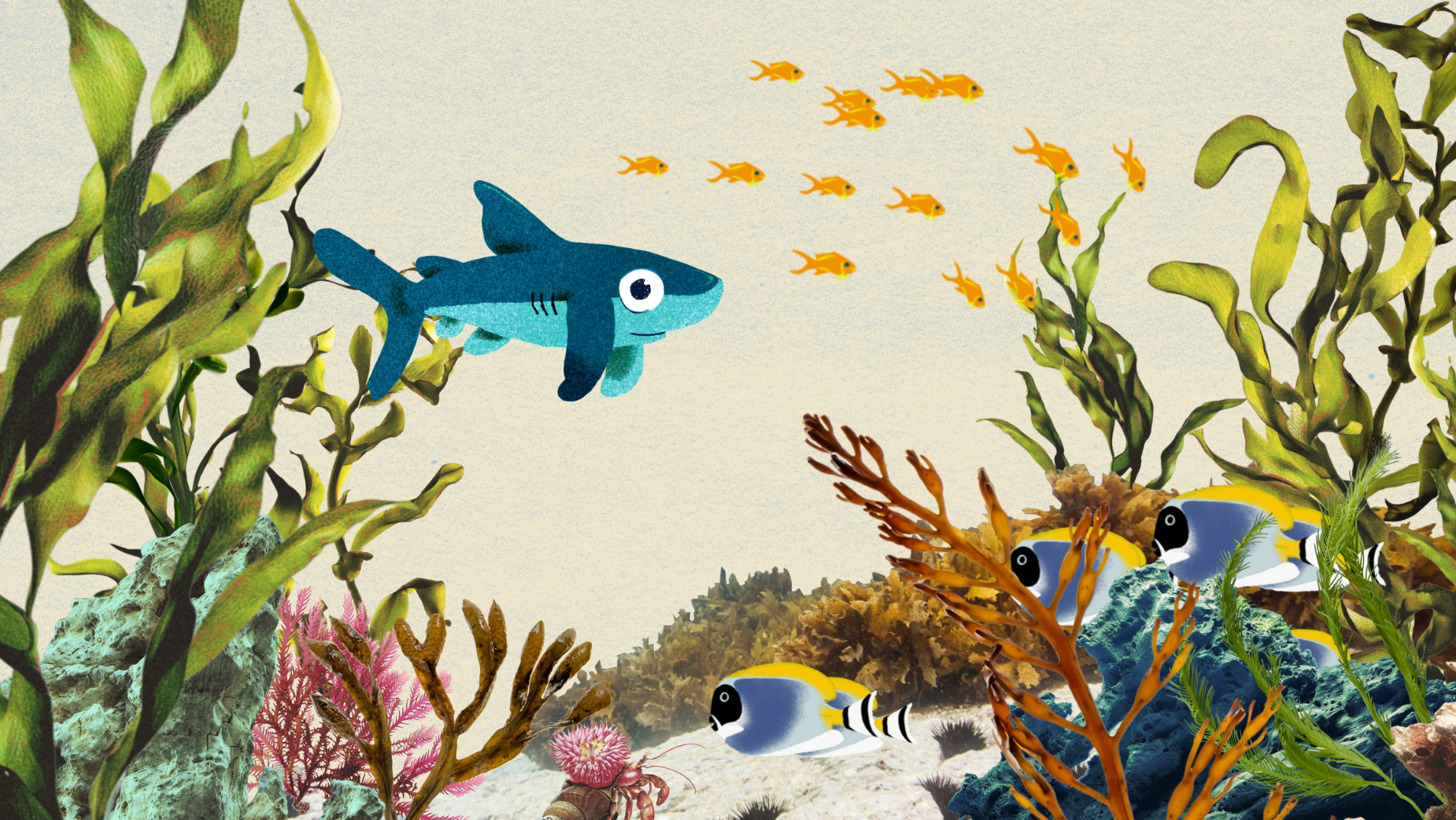
Dropbear and Greenpeace Expose Hidden Cost of Long Line Fishing in Animated Spot

Photoplay director and animator Dropbear (aka Jonathan Chong) has joined forces with Greenpeace Australia on a powerful new animated campaign aimed at raising awareness about the devastating effects of long line fishing on the ocean’s ecosystem -- particularly the alarming threat it poses to blue sharks, which are the most common victims of bycatch.
The campaign’s striking film uses a bold mixed-media animation style to educate and move viewers about the unseen brutality of industrial fishing practices occurring just off Australia’s coastline. The campaign will be launched across Greenpeace’s website, social platforms, and video-on-demand services, reaching audiences nationwide.
Dropbear, known for his unique storytelling style and tactile visual world-building, brings a gritty and emotional tone to the animation. Working closely with illustrator and character designer Andrea Innocent, the pair crafted a poignant narrative centred around a baby blue shark -- a symbol of innocence caught in the crossfire of industrial exploitation.
“I wanted the characters, especially our hero shark, to feel like part of the natural world,” said Dropbear. “Andrea’s designs – delicate, expressive, and influenced by Japanese kawaii culture – were perfect to convey that vulnerability. Against the harsh photo-collage boats and jagged ink-based environments, the story of innocence meeting destruction became even more powerful.”
The animation combines hand-drawn characters with a textured digital collage of ink processes, riso printing, and found imagery, giving the film a visceral, almost tactile aesthetic. As the narrative escalates, so does the visual intensity, reflecting the brutal nature of long line fishing.
The score and sound design, composed by Jackson Milas of Sonar Music, adds a haunting undertone to the film, heightening the urgency and emotional weight of the issue.
“Sonar’s contribution helped breathe life and tension into the animation,” said Dropbear. “It underscores just how dire this situation is -- not just for sharks, but for the entire marine ecosystem.”

At its heart, the campaign is a call to action. Greenpeace’s brief was clear: educate the Australian public on how long line fishing is decimating shark populations, and why the upcoming Global Ocean Treaty represents a once-in-a-generation chance to protect 30% of the world’s oceans forever.
Through a mixture of beauty and brutality, innocence and destruction, the campaign compels audiences to confront what’s happening in Australia’s “blue backyard” and why urgent legislative action is needed.
Support the campaign and help bring the Global Ocean Treaty into law, here.
















